|
01/21/2023 FOR IMMEDIATE RELEASE |
| Confusion continues over Kentucky Gov. Andy Beshear's executive order granting preemptive pardons for medical marijuana obtained out of state. Advocates say that a lack of clarity and understanding about the order is causing confusion and fear among those who need medical marijuana, with some even believing it has legalized the drug entirely. "The current state of confusion surrounding the executive order granting conditional and preemptive pardons for medical cannabis is concerning. We hope that through the course of the next few months, we can clear up any misunderstandings and avoid any negative consequences for those seeking medical treatment," said Matthew Bratcher, Executive Director of the Kentucky NORML. "Many people may not have a clear understanding of what the executive order actually entails and may be misled." |
| 01/17/23 If you find a business selling medical cannabis cards or certifications in Kentucky, you can email us or report it directly to the Attorney General's Scam Report We have now heard of medical cannabis cards being sold for as much as $250. Please do not purchase medical cards at this point. You can refer to our FAQ post and if you still have questions email us directly 01/03/2023 In Kentucky, medical cannabis is not yet legal, and possession of the drug can result in criminal charges. To protect Kentuckians, the Governor has issued an Executive Order on Medical Cannabis. However, the general public's confusion about this order has led to a surge of medical cannabis card scams. |
| KENTUCKY SB47 and HB107 seek to establish a medicinal cannabis program by allowing patients with a bona fide practitioner-patient relationship to access medical cannabis if their practitioner deems they could benefit from the use. The legislation institutes a governing body to decide daily THC limits, methods of use, and consumption. A patient will be allowed to have a 30-day supply of their medication at their residence and a 10-day supply on their person. |
| 01/04/2023 Tonight, at the end of his State of the Commonwealth address, Kentucky's Governor Andy Beshear called for the legalization of medical cannabis in Kentucky. "This is an exciting step toward legalizing medical cannabis in Kentucky and we commend Gov. Beshear for his support on this important issue," says Lauren Bratcher, Deputy Director of Kentucky NORML. "He assured us during last week's meeting that he was behind this issue 100% and he proved that today with his declaration at the closing of his State of the Commonwealth speech tonight. " |
|
Frankfort, KY - On January 3rd, Kentucky NORML, will be joined by multiple organizations, coming together at the start of the 2023 Kentucky General Assembly to show legislators the importance and need for cannabis policy reform in the Commonwealth. Organizations from across the political spectrum will join together to stand in solidarity to persuade legislators to make the right decision on cannabis policy reform this session.
“While Governor Beshear’s recent historic action is an important step toward cannabis justice in the Commonwealth, Kentuckians are ready for and deserve more,” said Matthew Bratcher, Executive Director. “Kentucky NORML is committed to working with legislators to advance the pragmatic and sensible cannabis policies supported by their constituents and our membership.” |
| It was a truly incredible day yesterday at the Kentucky Capitol as we had the opportunity to meet with Governor Andy Beshear to discuss the important topic of medical cannabis. We were honored to work with Kentucky Moms for Medical Cannabis, founded by Kristin Wilcox and Julie Cantwell, on creating a historic exhibit in the Capitol Tunnel, a passageway that connects the Annex Offices to the Capitol Building and is only accessible to employees or those being escorted. |
| There is debate about which type of cannabis reform policy is most needed in Kentucky. Some people think decriminalization is the top priority, while others argue that the state should focus on medical cannabis for patients. Others are only concerned with adult use and a regulated market. All of these issues are important, but for vastly different reasons. At Kentucky NORML, we believe there is a statistically proven path to follow when introducing cannabis reform policies and legislation to a state. There are two main components to cannabis policy reform. The first is a decriminalization policy alongside a medical cannabis program. The second is adult use for those over 21. As a consumer protection organization, we do support adult use, but only after achieving the first step of decriminalization and medical cannabis. Therefore, in 2023, we will focus solely on decriminalization and medical cannabis. |
We are working on a special project for 2023 Kentucky General Assembly and we need your help making this project a reality.
Kentucky NORML will be printing a series of Informational 18"x24" posters to be displayed at the Capitol in various locations, We are not at liberty to divulge exactly where they will be placed until after session starts but rest assured that they will be extremely visible and effective. So we need YOU to a sponsor a poster or two!
| Please join us Tuesday (1/3/23) at 11 A.M. CST for a Rally for the Decriminalization of Cannabis! Come hear and amplify the voices of the organizations that support decriminalization. We’ve come so far in advancing Kentucky's cannabis policy – let’s show up big and keep the momentum going! Thanks for being a part of this, |
| Mitch McConnell has a history of blocking cannabis reform, including the SAFE Banking Act, which would allow banks to serve the cannabis industry without fear of federal retribution. This raises the question: why is McConnell so opposed to cannabis reform |
| Decriminalization
Medical Cannabis Program
Adult-Use Market
|
Help us by volunteering to help work the Cannabis advocacy table!
Meet fellow advocates, hand out information to Capitol visitors, etc.
| Letters to the editor (LTEs) are short pieces (150-300 words) written by community members and published in newspapers and other publications. They give writers a platform to share their thoughts on important issues and are often more persuasive when they are personal. The editorial staff decides which LTEs to publish, but it is helpful to consider all members of the community as the audience. |
ACTION alert! State Senate: Support Medical Cannabis and Decriminalization Reform in KY GA 2023
11/30/2022
|
11/30/2022
Timing is key! With General Assembly 2023 just around the corner, legislators will be attending a caucus retreat this weekend (the First Weekend of December). It’s here, behind closed doors, where legislative priorities will be discussed and decided for the upcoming session. In years past we’ve been overlooked despite overwhelming support and public opinion. Will you help us ensure that Marijuana has a place at the table in January by emailing your State Senator today? |
As your constituent, I urge you to support medical cannabis and decriminalization for Kentucky in the 2023 General Assembly.
Presently, more than three dozen states authorize the licensed production and dispensing of medical cannabis. Twenty-One states including Washington DC and Guam permit similar commercial activities and retail sales of marijuana to all adults. Yet, year after year Kentuckians are denied access to the same medicine. This situation is untenable. It is unconscionable to subject Kentuckians to arrest and criminal penalties for using cannabis, medically or otherwise.
Ninety-three percent of U.S. voters think marijuana should be legal for medical use, including 85% of Republicans, more than 95% of Democrats and independents, and more than 92% of each age group.
Medical marijuana is proven to be effective in the treatment of a variety of debilitating medical conditions. A vast majority of Americans recognize the legitimate medical benefits of marijuana, as well as a large number of medical organizations. It is far less harmful and poses fewer negative side effects than most prescription drugs — especially opiate-based painkillers — and patients often find it to be a more effective treatment.
Regulating the cultivation and sale of medical marijuana would ensure patients have legal, safe, and reliable access to medical marijuana. Patients should not have to resort to the potentially dangerous underground market to access their medicine. By regulating medical marijuana, we can ensure it is free of pesticides, molds, and other impurities, and patients will know exactly what they are getting.
Our veterans deserve better access to the medicines that work best for them and should not be discriminated against for doing so.
Lastly, in order to better serve the citizens of Kentucky, a decriminalization bill must also be passed. It is unethical, unprincipled, and indefensible to allow the use of medical marijuana while allowing others to continue to serve time for doing the same.
I strongly urge you to support a robust medical cannabis program and decriminalization for Kentucky. I will continue to contact you throughout the session so that this issue stays at the top of your inbox.
Thank you. I’ll be in touch.
So by now you have probably heard about Governor Beshear's Executive Order on Medical Cannabis that was released a few weeks ago on Nov 15, 2022.
But what does it all mean? What changes will we see in Kentucky? Does this mean it's legal now? Who will qualify for this program?
We have you covered. Kentucky NORML is co-hosting a Live Q&A with State Representative Nima Kulkarni, Kungu Njuguna (ACLU-KY), Kentucky Cannabis Freedom Coalition, Minorites for Medical Marijuana, Kentucky NORML, and Kentucky Moms for Medical Marijuana.
Submit your questions below and RSVP to the Facebook event so that you receive notifications and event reminders. We will do our very best to address all your questions.
- Identify your senator or representative: You can find out who your senator or representative is by visiting the Kentucky General Assembly website and entering your zip code in the "Find Your Legislator" search tool.
- Contact the senator or representative's office: You can find the contact information for your senator or representative's office on the Kentucky General Assembly website or by calling the Legislative Research Commission at (502) 564-8100.
- Request a meeting: Once you have identified your senator or representative and found their contact information, you can request a meeting by calling their office or sending an email. You can also use the Kentucky General Assembly website's "Contact Your Legislator" form to send a message.
- Schedule the meeting: The senator or representative's office will typically get back to you to schedule a meeting. They may offer to schedule a meeting at their office or at a location in your community. Make sure to confirm the date and time of the meeting, and be prepared to provide your contact information and any relevant information about the issues you want to discuss.
- Attend the meeting: Make sure to arrive on time for the meeting, and be prepared to discuss the issues you want to address. It is also a good idea to bring any relevant documents or materials with you to the meeting.
| Give 5 mins to your fellow Kentuckians today! Call the LRC, say you want to leave a message for your senator, and give your name and address. You will be connected to your senator's office. Tell the administrator that you want to leave a message. Why do phone calls matter? When you call legislators to tell them how you would like them to vote on a certain bill, they receive a physical piece of green or red paper representing your view. These are called “green slips” and “red slips”. Many lawmakers say they are influenced by the physical representation of your calls shown by how many green or red slips they receive. |
| As the debate over cannabis legalization continues to heat up, it's important to take a closer look at the arguments in favor of making this plant a legal, regulated substance. Here are some of the strongest arguments in favor of cannabis legalization:
|
Today, Governor Beshear signed two cannabis-related executive orders. The first allows patients who have been diagnosed with a qualifying condition to possess up to 8 ounces of medical cannabis legally obtained from dispensaries in states that offer reciprocity. The second order pertains to the regulation the sale of delta-8 products.
The first order will take effect starting on January 1, 2023.
“Kentuckians suffering from chronic and terminal conditions are going to be able to get the treatment they need without living in fear of a misdemeanor,” Beshear said. “With 37 states already legalizing medical cannabis and 90% of Kentucky adults supporting it, I am doing what I can to provide access and relief to those who meet certain conditions and need it to better enjoy their life, without pain.”
Courtesy of Hippie Joe's in Cave City, KY. "Good Vibes Only"
2 Steps to enter to WIN:
1. Enter your information on this form
2. Like Hippie Joe's on Facebook https://www.facebook.com/hippiejoes/
***Giveaway is open from November 1 - November 14, 2022. The winner will be announced on November 15, 2022.***
Cannabis Business
Directory
Archives
April 2024
February 2024
January 2024
May 2023
March 2023
February 2023
January 2023
December 2022
November 2022
October 2022
March 2022
November 2021
July 2021
June 2021
December 2020
November 2020
October 2020
September 2020
June 2020
February 2020
December 2019
Categories
All
Action Alert
Adult Use
Bill Analysis
Business Sponsors
Decriminalization
Drug Screening
Drug War
Educational
Events
Executive Order
Expungment
Federal Politics
From The Board Of Directors
GA21
Giveaway
Guest Post
Hemp
History
Kentucky Cannabis
#KYGA23
KY Politics
Letter To The Editor
Lobbying
LTE
Medical Cannabis
MORE Act
News
News In The Commonwealth
One Hitter History
Policy
Press Releases
Regulation
SAFE Bankinng Act
Scam Alert
Take Action
Veterans
Volunteer
Weekly Live
Workman's Comp

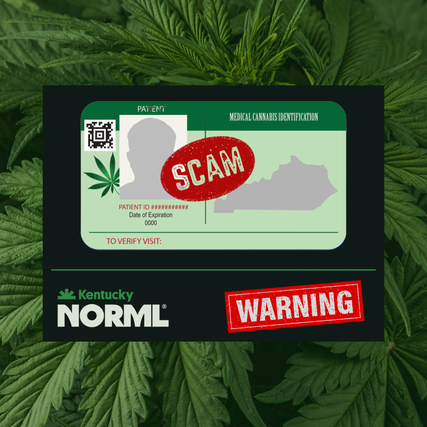
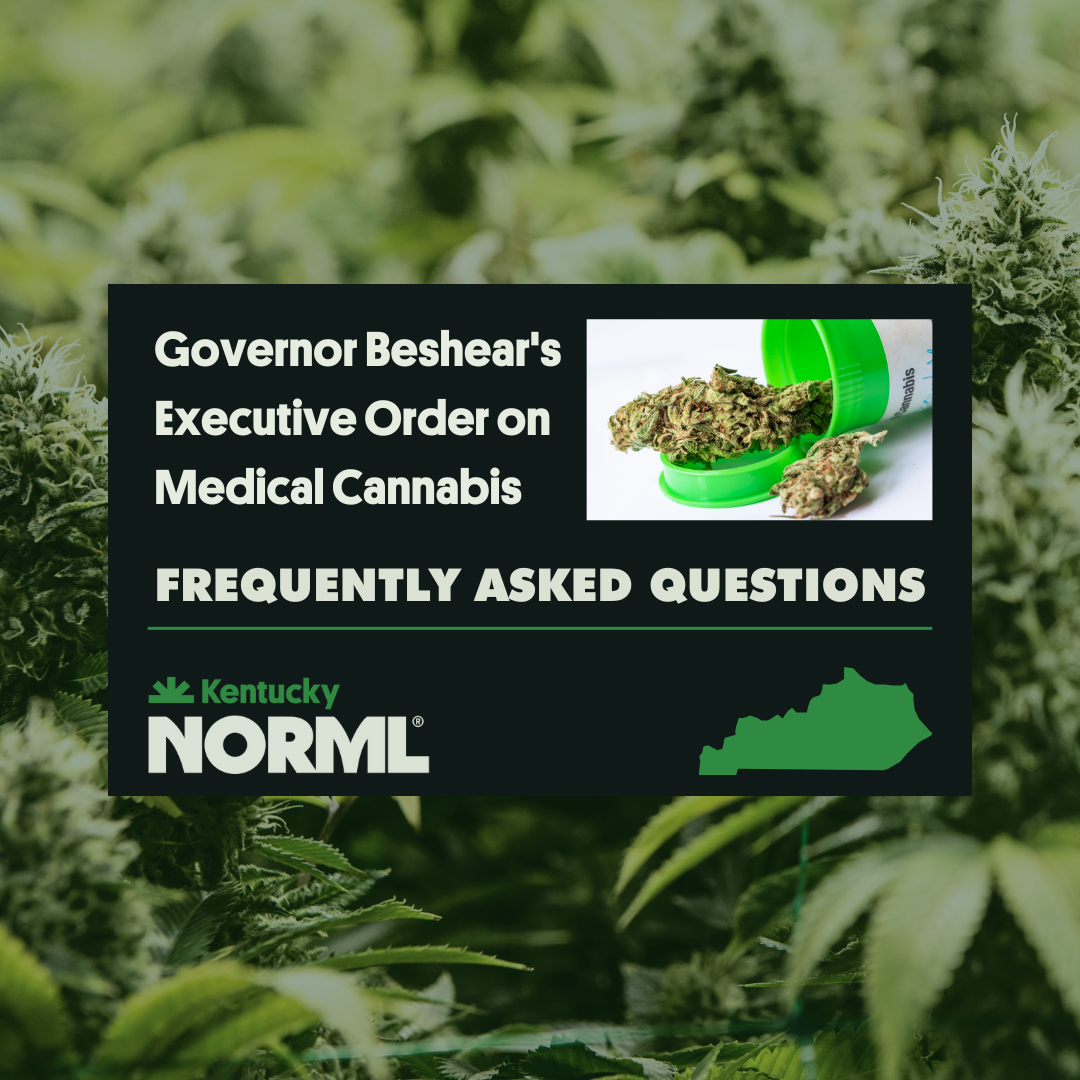
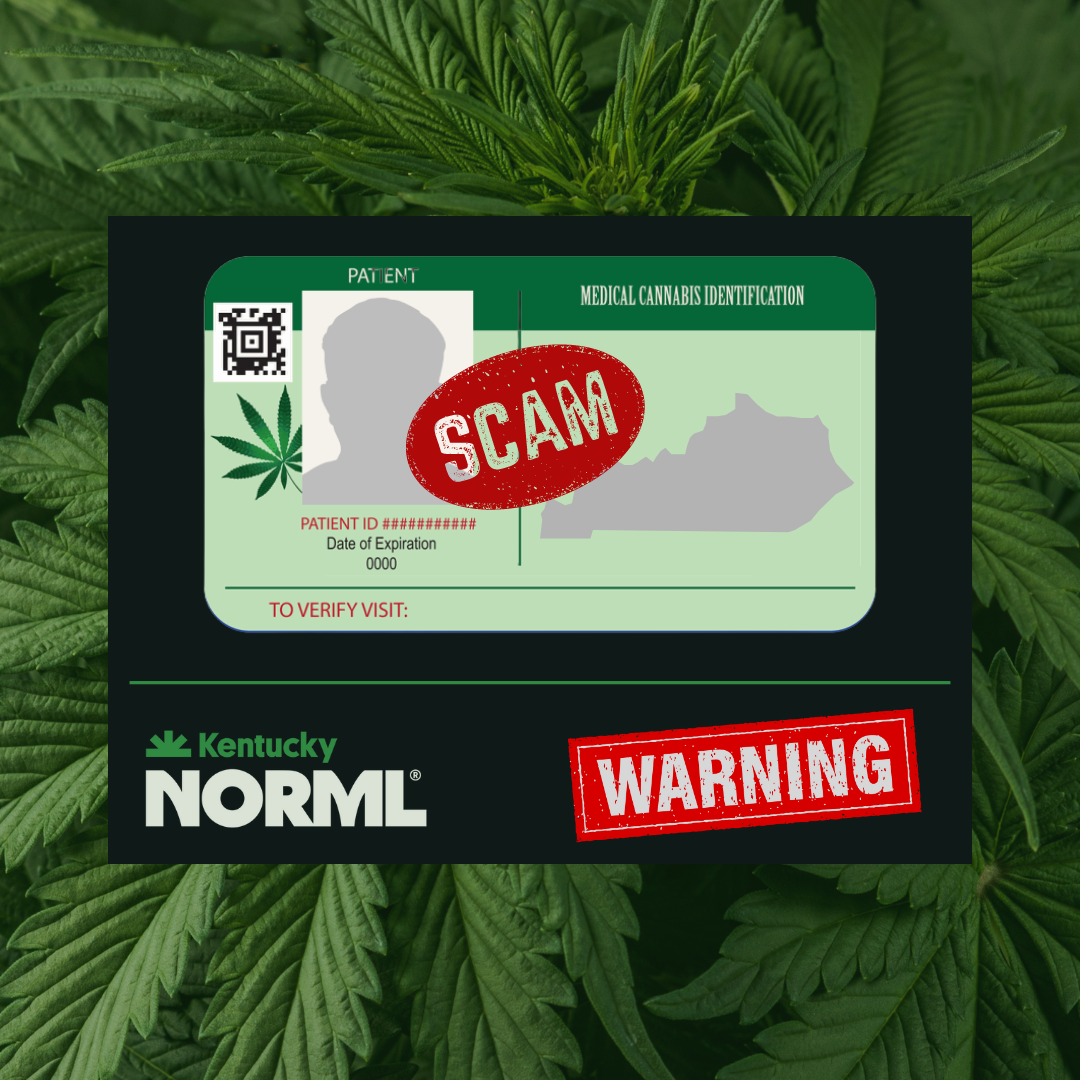

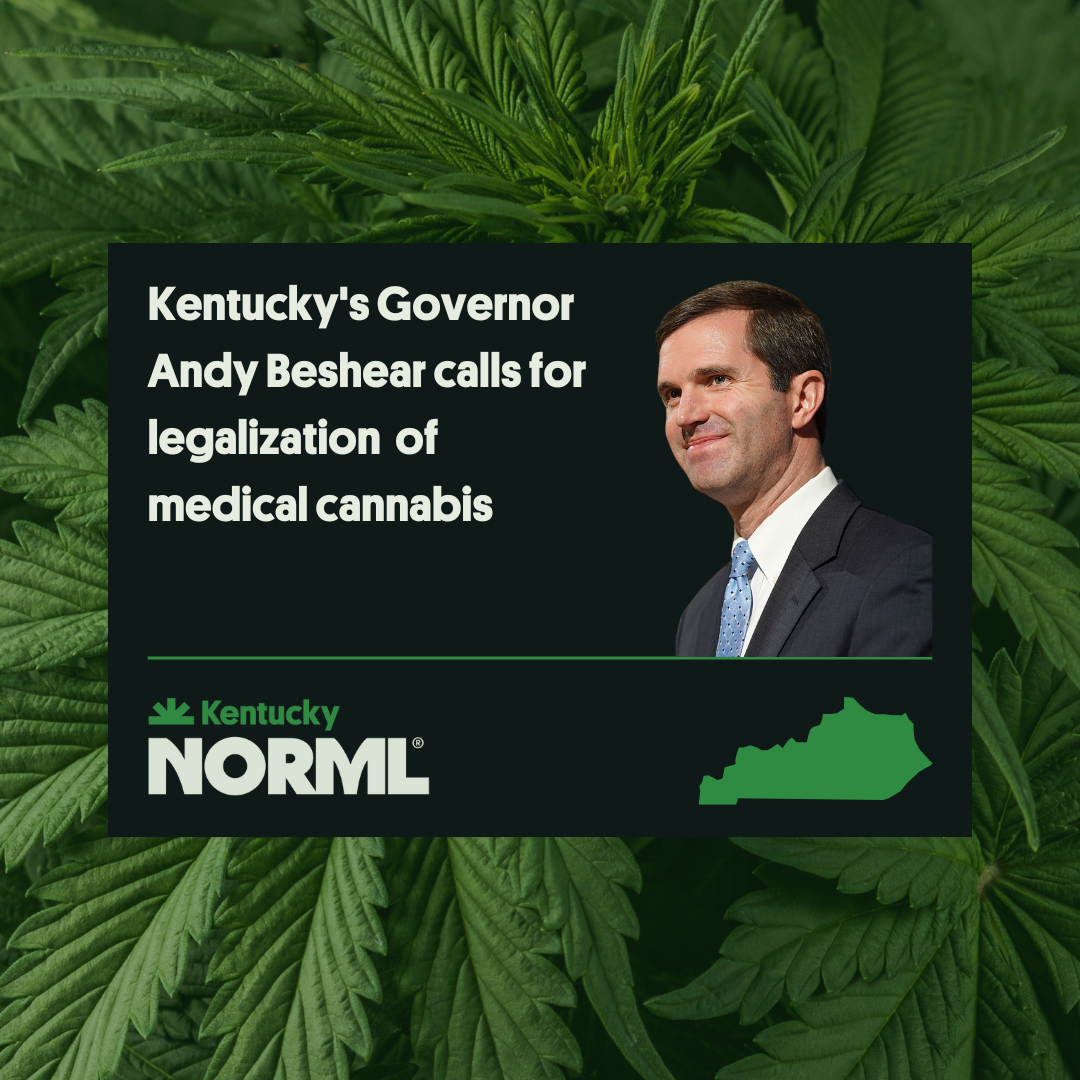






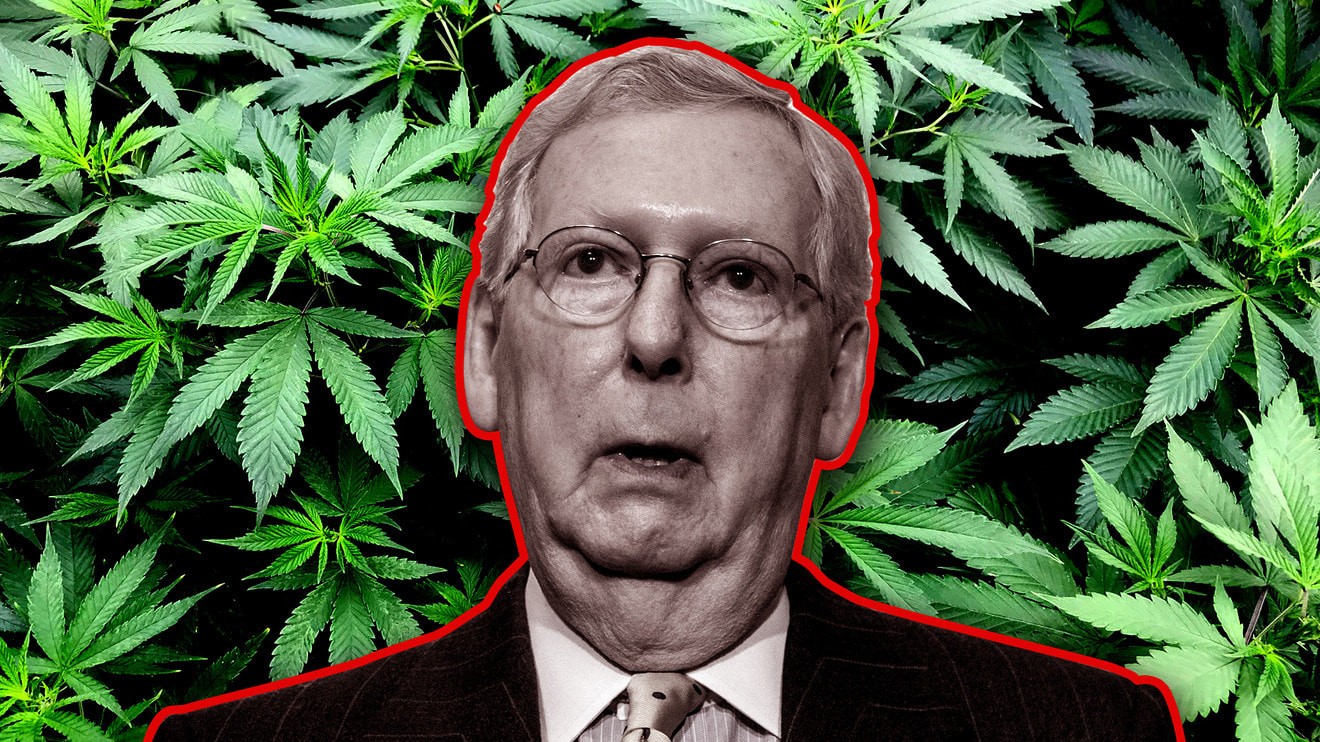

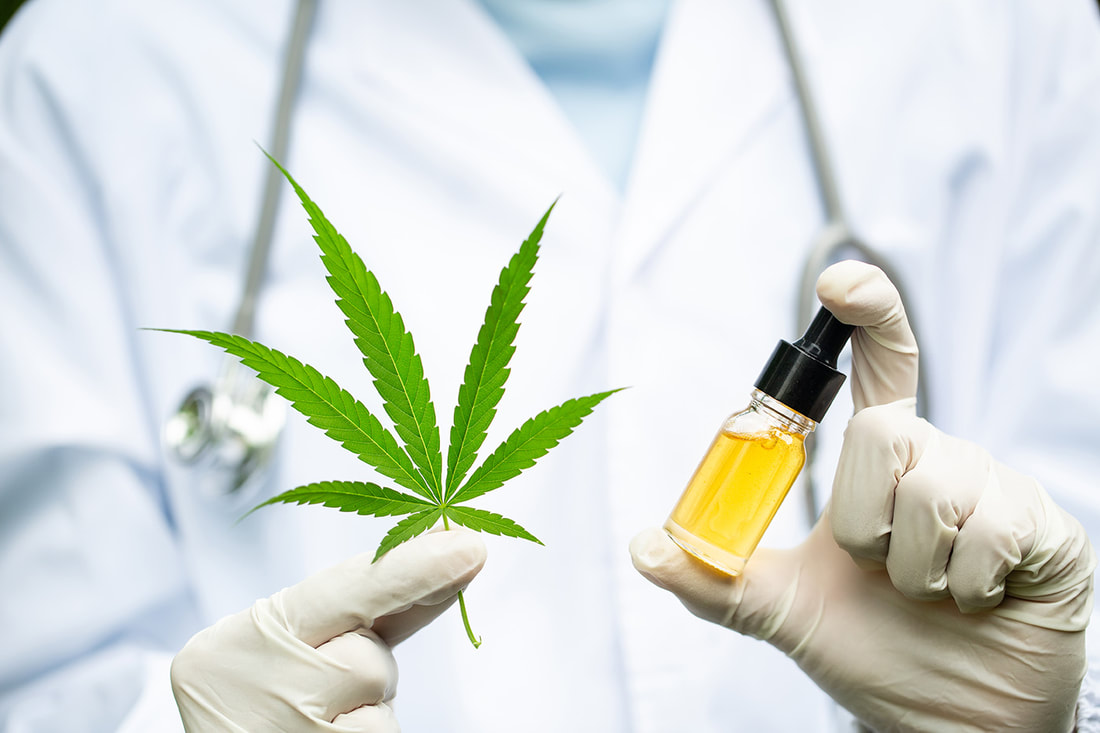



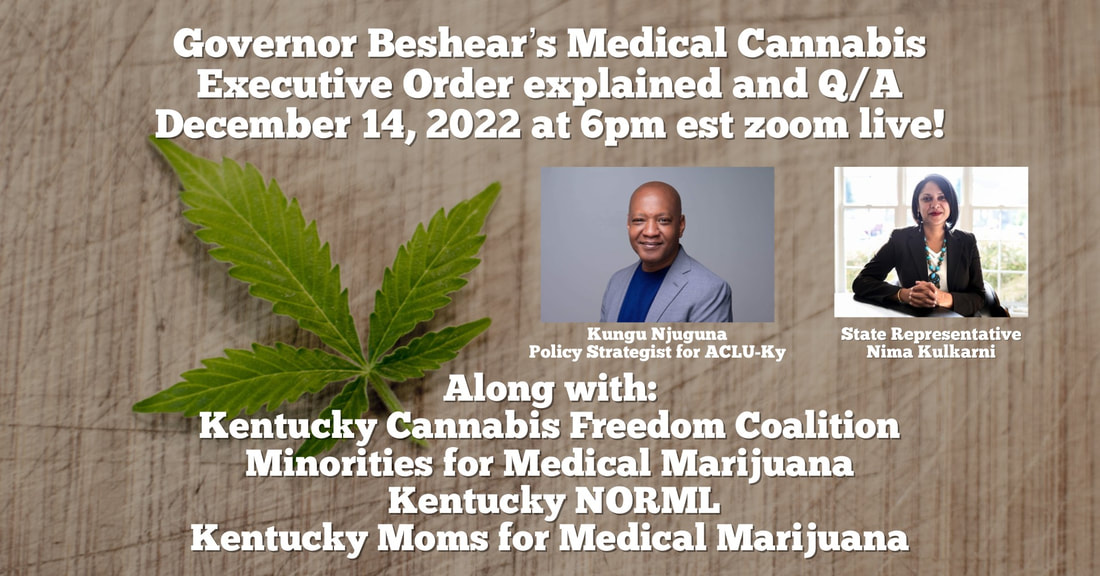


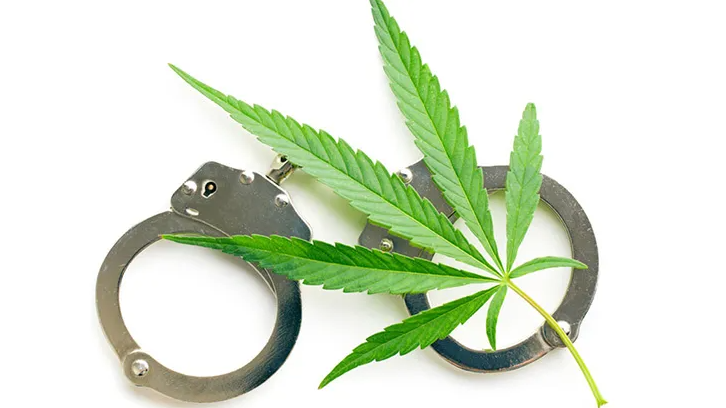
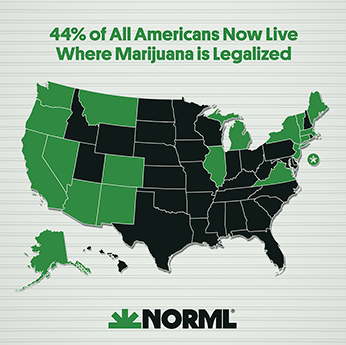
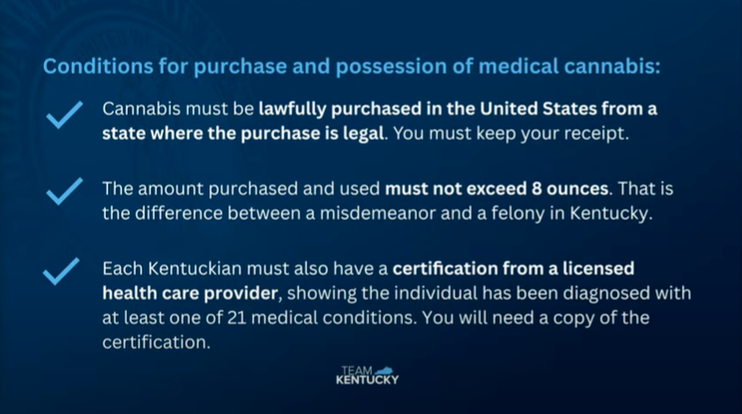


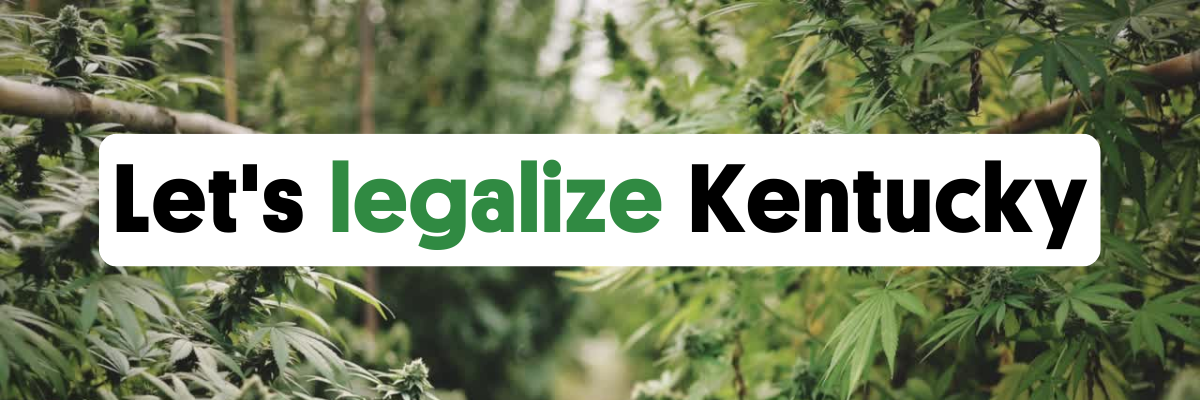
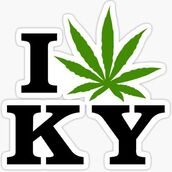
 RSS Feed
RSS Feed